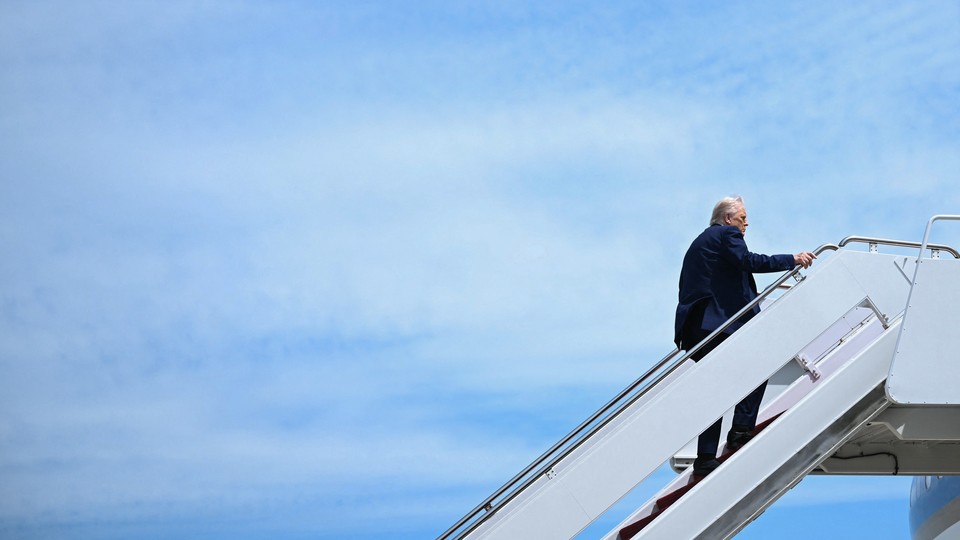Elon Musk and the DOGE Revolution: Efficiency, Controversy, and the Future of U.S. Governance

Elon Musk continues to captivate the world, not only as a tech visionary but now as a driving force behind U.S. government reform. His leadership of the Department of Government Efficiency (DOGE) has transformed the national conversation about spending, efficiency, and executive power. What does Musk’s involvement signal for the government’s direction, and how are experts reacting to this bold experiment?
The Emergence of DOGE Under Elon Musk
When former President Donald Trump appointed Elon Musk to head the DOGE, many skeptics brushed off the move as a publicity stunt. Yet, Musk quickly began making waves. He pledged to cut trillions from the federal budget, insisting that serious reform was possible. While many of these initial goals proved overly ambitious, Musk’s role brought fresh scrutiny to government spending and regulatory overload.
DOGE reported early savings, but as The Atlantic’s detailed investigation explains, the reality diverged from Musk’s claims. Out of the billions in supposed annual reductions, a closer look revealed accounting errors, double-counted savings, and overestimated results. After corrections, tangible savings hovered around $2 billion, a small slice compared to the $7 trillion federal budget. Critics argue these numbers expose how tough it is to achieve real reform, even with someone as relentless as Musk at the helm.
Efficiency, Layoffs, and Legal Battles
One high-profile aspect of DOGE’s agenda is workforce reduction. Collaborating with agency heads, DOGE has prioritized downsizing, buyouts, and shifting resources. As Forbes notes, these moves have faced stiff opposition in both the courts and Congress. Judges have blocked several key reorganizations, and lawsuits from unions and NGOs continue to mount. Despite the turbulence, Musk’s team claims significant progress—over 150,000 positions cut and a push to refocus agencies on core missions.
Yet, the battle is far from over. Legal restraining orders and pushback from affected communities challenge whether the Musk-led shakeup will leave lasting change. Some experts say these efforts only scratch the surface, underscoring just how complex and entrenched federal bureaucracy remains.
Deregulation: Ambition and Reality
Beyond spending cuts, Elon Musk has turned DOGE toward aggressive deregulation. Leveraging executive orders, DOGE Team Leads began rolling back regulations considered outdated, redundant, or excessively burdensome. The approach mirrors deregulatory pushes from prior administrations but stands apart for its scale and speed.
Still, as observers point out, true agency eliminations require congressional action. That hasn’t stopped DOGE from initiating cuts in statutory “gray areas” and streamlining non-essential expenditures. Whether these measures bring lasting efficiency or simply invite future political reversal remains an open question.
Controversy: Conflicts and Criticism
Elon Musk’s leadership brings attention—and controversy. Skeptics worry about the collision of private interests with public power, particularly as DOGE handles sensitive government contracts and data. Privacy advocates and watchdogs warn about potential overreach. Others suggest that Musk’s ties with companies like SpaceX and Tesla could blur ethical boundaries, even if such entanglements pre-date his appointment.
Despite these concerns, some policy analysts argue DOGE is less radical than critics suggest. Forbes observes that the program’s temporary mandate and legal limitations make it more of a modest experiment than a constitutional crisis. Current disputes echo decades of debate about the limits of executive authority and the drive for governmental streamlining.
Public Impact and the Future of DOGE
Public-health and foreign-aid cuts under DOGE have generated real disruptions. Funding for essential programs has dropped, forcing tough adjustments for organizations and families reliant on this support. The Atlantic’s review uncovers that, even with major headlines, the real financial impact has been modest compared to the scale of federal operations.
Musk’s ambitions remain bold. Although his targets have been pared back, his legacy may rest on whether DOGE inspires a longer-term shift in Washington’s approach. Questions linger: Will Congress make DOGE’s changes permanent? Or will legal challenges and political turnover reverse much of the initiative?
Conclusion
Elon Musk’s role in U.S. government reform through DOGE has sparked debate and innovation in equal measure. While the actual cost savings and structural changes are under continued debate, one thing is clear—DOGE has given new prominence to discussions about government efficiency and executive reach. For readers eager to dive deeper, see The Atlantic’s in-depth analysis and Forbes’ balanced perspective. Elon Musk has again proved himself a transformative, if polarizing, figure—prompting America to reconsider its approach to public spending and administration.